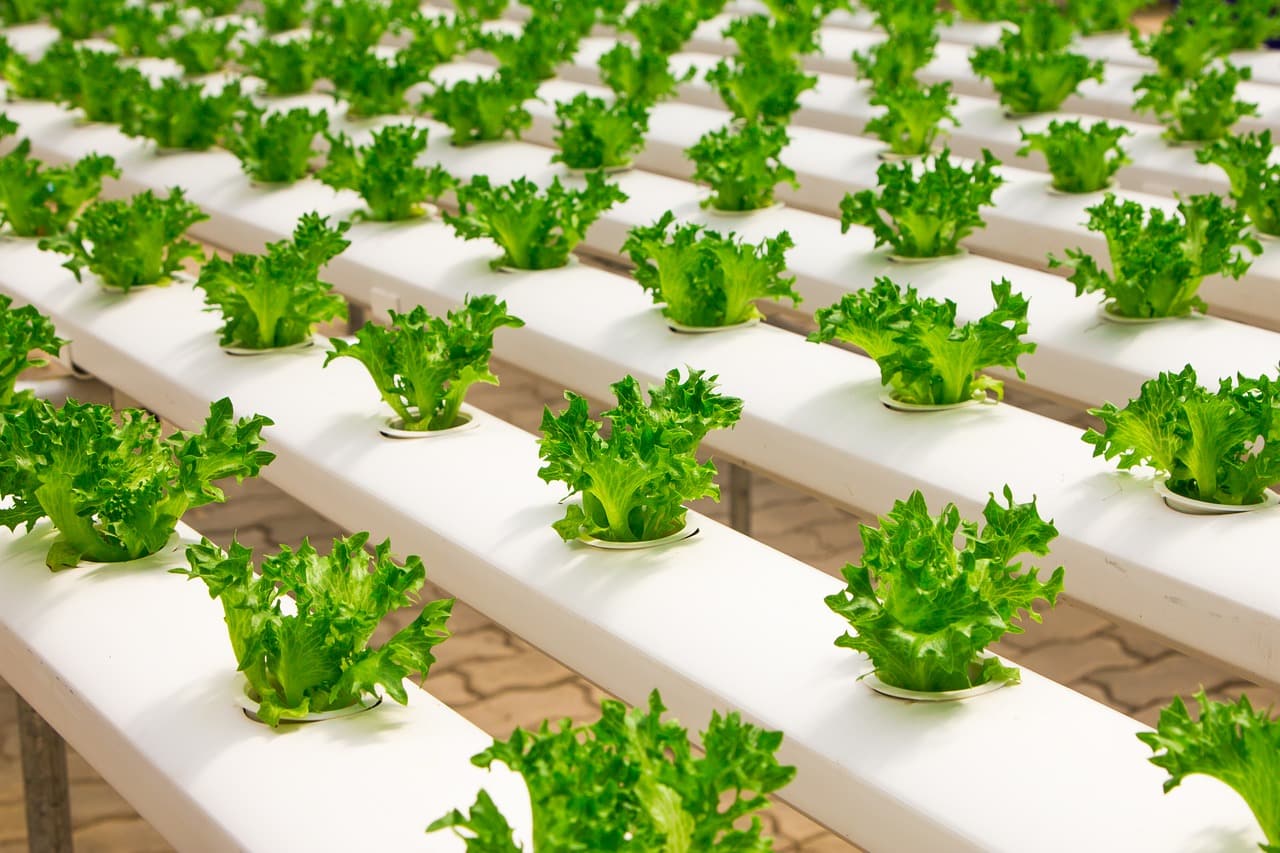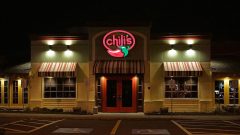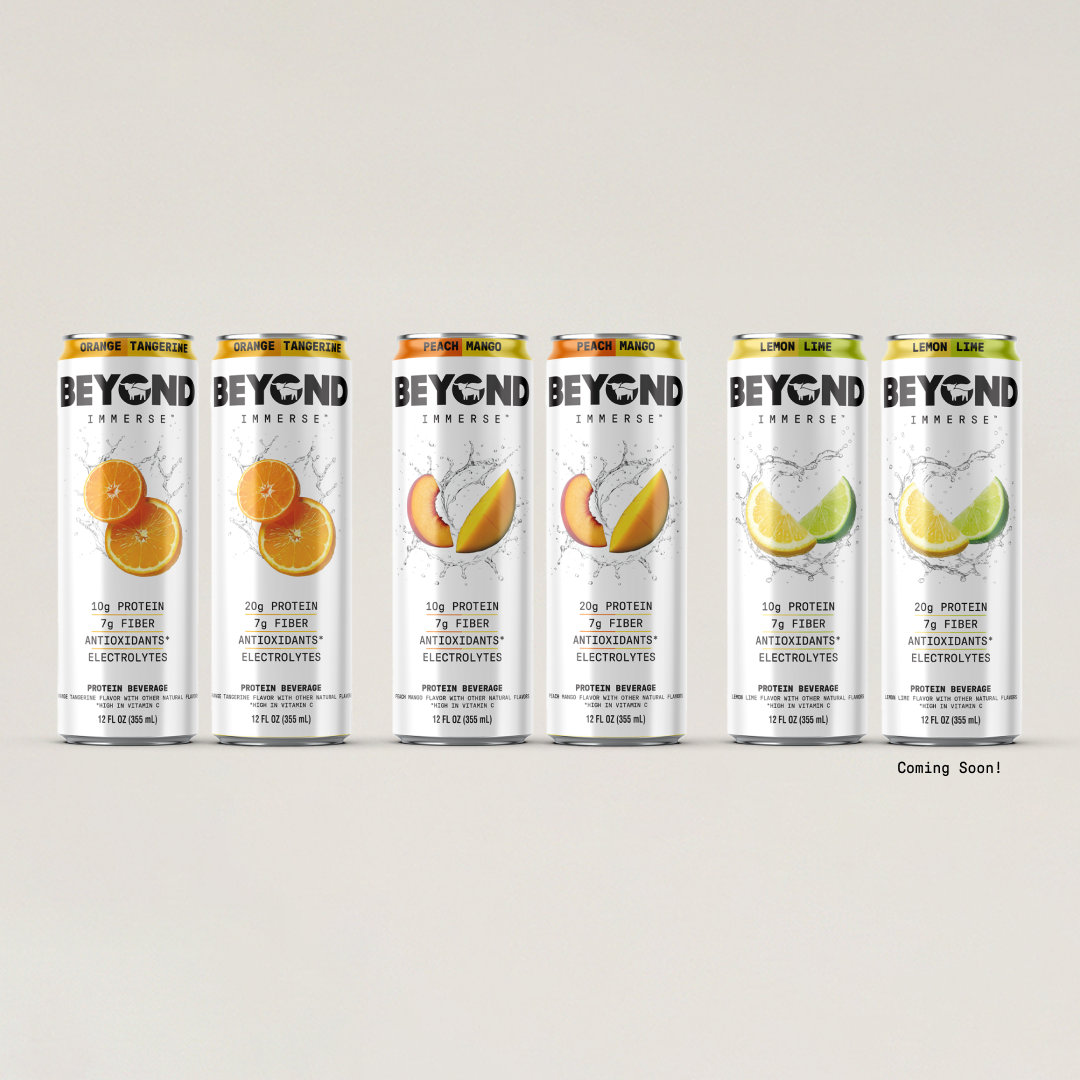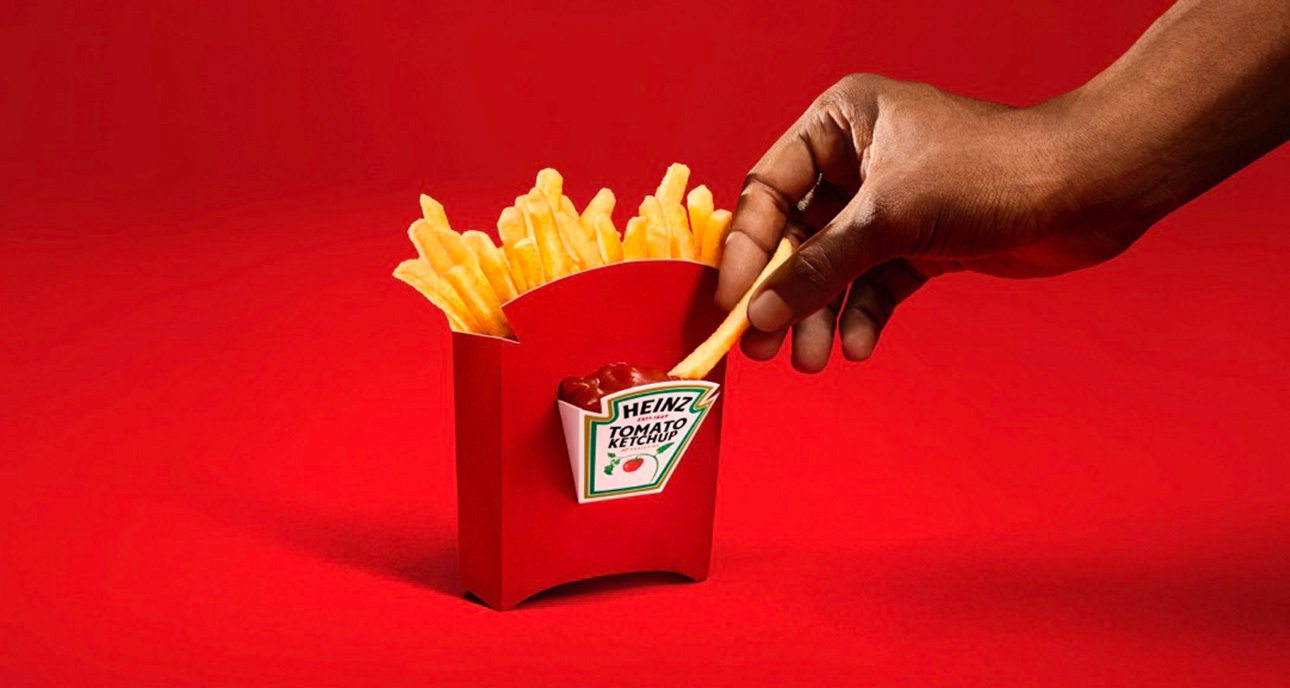USDA Advisory Board Blocks Ban Against Using Hydroponics In Organic Farming

Hydroponics is one of the fastest-growing fields in agriculture today. By growing plants in water and “feeding” them solutions of nutrients they need, crops can grow at higher yields over a faster period of time while drastically reducing water consumption and land space. While it’s an amazing tool for the future of food, one question has been in the minds of several industry members: Can food grown via hydroponics be classified as USDA Organic?

In a recent 8-7 ruling, the National Organic Standards Board (NOSB) ruled against a ban on hydroponics in organic farming. In doing so, the board, which makes recommendations to the USDA on rules for the organic industry, clears the way for organic, hydroponically grown produce to proliferate in supermarkets. The USDA does still have to receive an official recommendation and choose to act on it or not, however.
If they do so, it could be huge for hydroponics, but would harm organic soil farmers. Hydroponics, with its faster growth rate and decreased water and land use, is already taking a significant market share away from the soil farmers. Nowadays, most organic tomatoes are grown through hydroponics and similar methods, and organic farmer Dave Chapman voiced fears to NPR that even more space in supermarkets will be given to hydroponically-grown produce.
“What will happen, very quickly, is that virtually all of the certified organic tomatoes in supermarkets will be hydroponic. Virtually all of the peppers and cucumbers [will be hydroponically grown]. A great deal of the lettuce. And most of the berries.”
On the other hand, the innovative technology can be used to keep up with growing organic demand. It also is more sustainable than traditional farming since it doesn’t utilize as many natural resources, making it the ideal choice for environmentalists and scientists focused on preserving the planet.
At the center of the debate, though, is the true definition of what it means to be “organic.” Hydroponic farms claim that they are organic because they don’t use synthetic pesticides and can grow year-round at a cheaper price. Traditional farmers, however, argue that the true core of organic farming is nurturing and taking care of the soil itself, something that hydroponics doesn’t even involve.
When it comes to what it really means to be “organic,” for now, it seems that the NOSB is willing to include hydroponics within that definition based on their recent decision.






















